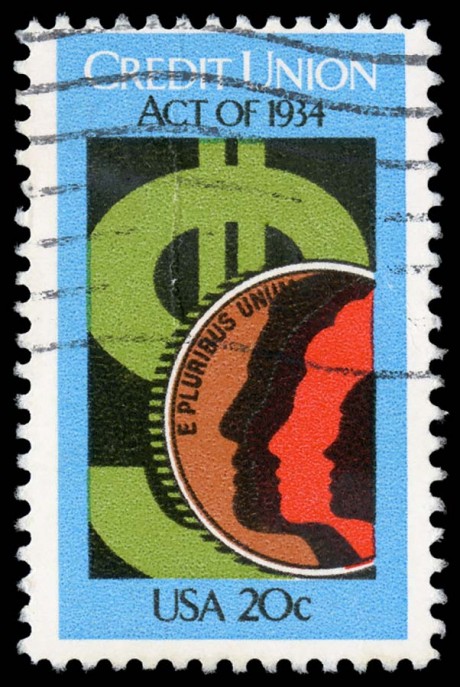Can a bank also be a cooperative?
Nonprofit credit unions offer bank services to members nationwide
By Alexandria ShetlerEver since the Federal Credit Union Act was signed by President Franklin D. Roosevelt in 1934 — 25 years after the first credit union opened in the U.S. — people with a common bond through work, community or other shared interests have formed credit unions. Today, credit unions serve more than 100 million members in the U.S.
Credit union members can save, borrow and receive other financial services; however, because a credit union is a non-profit governed by its members, it offers a distinctively different banking experience from traditional banks.
Like all cooperatives, credit unions are democratic organizations controlled by their member-owners, which allows each credit union to offer personalized service that can be hard to find from multinational banking corporations. In fact, the Credit Union National Association (CUNA) notes that more than 86,000 Americans currently volunteer with their credit union in some capacity.
Member-owners do more than simply use their credit union; they trust their credit union and likely know its employees. These bonds help credit unions provide services tailored exactly to the people who use them by harnessing the power of community interest and common cause. As with all cooperatives, each credit union member-owner has a voting share in their credit union without regard to the size of their bank account.
Because of their non-profit focus, credit unions in some cases offer member-owners lower interest rates on loans and higher interest rates on deposits than for-profit banks. Credit unions are known for offering credit cards with no annual fees and low interest rates on credit cards, auto loans, home mortgages or home equity lines of credit.
Many credit unions also provide a benefit to their community by offering free checking or savings accounts with no minimum balance requirement, making it easy for low-income families to open bank accounts and begin improving their financial outlook. Such accounts are also a great tool for teaching children about saving.
Some credit unions offer special programs to help member-owners pay down debt and raise their credit scores, including in-person financial counseling and online resources and tools.
If you are interested in banking with cooperative values, visit MyCreditUnion.gov to find a credit union near you.
About the Author
Alexandria Shetler writes and edits materials for the National Rural Electric Cooperative Association.-
Share this story:



